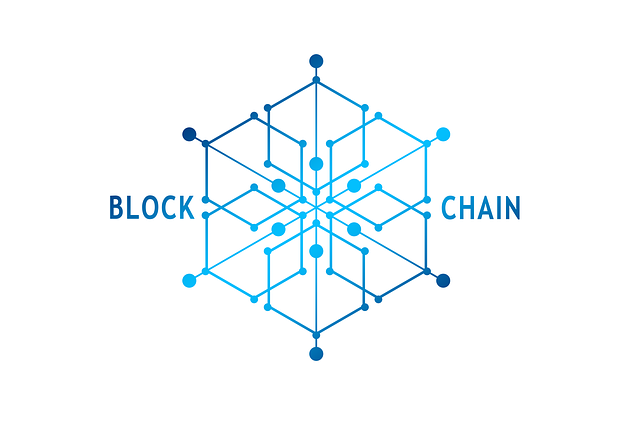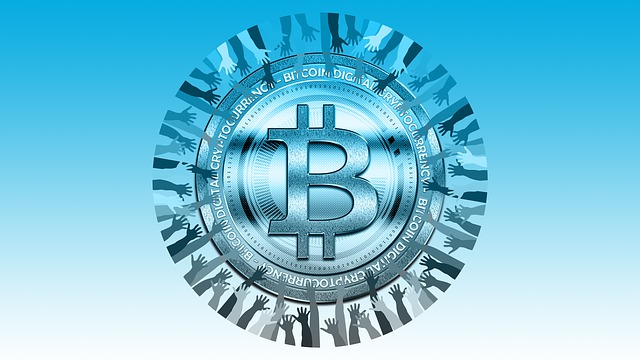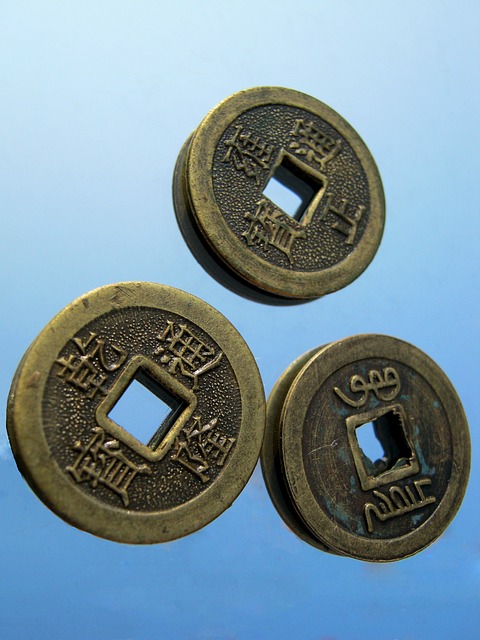Welcome to the thrilling world of decentralized finance, or DeFi as it’s often called! If you’ve been hearing whispers about blockchain, smart contracts, and the potential downfall of traditional banking, you’re in the right place. Let’s dive into the impact of decentralized financial systems and explore how they’re shaking up the financial landscape.
Imagine a world where banks are just a memory, where financial transactions are instant, transparent, and accessible to everyone. Sounds like science fiction? Well, it’s closer to reality than you might think! Decentralized financial systems are not just a trend—they represent a fundamental shift in how we handle money and assets. So, let’s roll up our sleeves and explore how these systems are changing the game!
What Are Decentralized Financial Systems?
Before we get too deep into the impact of decentralized financial systems, it’s crucial to understand what they are. Decentralized finance uses blockchain technology to create financial products and services without traditional intermediaries like banks. Let’s break it down:
- Blockchain Technology: A decentralized ledger that records all transactions across a network of computers.
- Smart Contracts: Self-executing contracts with the terms directly written into code. They automatically enforce agreements without needing a middleman.
- Cryptocurrencies: Digital or virtual currencies that use cryptography for security. Bitcoin and Ethereum are the most famous examples.

In a nutshell, DeFi aims to create a more inclusive, transparent, and efficient financial system. Sounds exciting, right? Let’s see how it’s making waves!
The Ripple Effect: Key Impacts of Decentralized Financial Systems
So, what’s the big deal about these new financial systems? The impact of decentralized financial systems is profound and far-reaching. Let’s break it down into several key areas.
1. Financial Inclusion for All
One of the most heartening impacts of decentralized financial systems is their potential to offer financial services to everyone, regardless of location or financial status. Here’s how it works:
- Access for the Unbanked: Over 1.7 billion people worldwide don’t have access to traditional banking services. DeFi platforms can reach these individuals through just a smartphone and an internet connection!
- Lower Barriers to Entry: No need for credit scores or hefty account balances. You can start investing or trading with a small amount of money.
By eliminating intermediaries, DeFi opens the door to a broader range of financial services for people who were previously left out.
2. Greater Transparency and Security
Let’s face it—traditional financial systems aren’t always the most transparent. But here’s where DeFi steps in!
- Transparency: All transactions are recorded on the blockchain, which means anyone can view the transaction history. There’s no more hiding behind closed doors!
- Security: Blockchain technology is secure and tamper-proof. Plus, the use of smart contracts reduces the risk of human error or fraud.

In a world where financial scandals make headlines, the transparency and security offered by decentralized finance could be a game-changer.
3. Reduced Costs and Faster Transactions
Have you ever been frustrated by slow bank transactions or high fees? DeFi systems are here to help!
- Lower Fees: Traditional banking and financial services often come with a price tag. With DeFi, many transactions can be completed with minimal fees.
- Speed: Transactions on a blockchain can happen almost instantly, compared to the days it might take for a bank transfer to clear.
This efficiency could save both time and money for users around the globe!
4. New Financial Opportunities and Innovations
The impact of decentralized financial systems also includes the exciting new opportunities they bring.
- New Investment Avenues: From yield farming to staking, DeFi introduces innovative ways to invest and earn. These opportunities were once reserved for the wealthy elite but are now accessible to everyone.
- Decentralized Apps (dApps): These are applications that run on a blockchain network. They offer various services like lending, borrowing, and trading, all without traditional financial institutions.
If you’re a finance enthusiast, you’re going to love exploring these new opportunities!

Challenges and Criticisms of DeFi
Of course, it’s not all sunshine and rainbows. Like any emerging technology, decentralized finance comes with its own set of challenges and criticisms. Let’s dive into some of these:
1. Regulatory Uncertainty
One of the biggest hurdles for DeFi is the lack of clear regulatory frameworks. Governments and financial institutions are still figuring out how to manage this new frontier. This uncertainty can lead to:
- Legal Risks: Without established regulations, users might face legal issues or changes in the law that affect their investments.
- Market Volatility: Regulatory news can cause significant swings in the value of cryptocurrencies and DeFi assets.
2. Technological Risks
While blockchain technology is revolutionary, it’s not immune to problems.
- Smart Contract Vulnerabilities: Bugs or exploits in smart contracts can lead to significant losses.
- Scalability Issues: As more users adopt DeFi, scaling these systems to handle increased demand can be a challenge.
3. Limited Adoption
For all its potential, DeFi is still in its early stages. Limited adoption can be due to:
- Complexity: Understanding DeFi concepts can be daunting for newcomers.
- Trust Issues: Many people are still wary of new technologies and may not trust these systems yet.

How the DeFi Revolution Could Shape the Future
So, what does the future hold for decentralized financial systems? Here are some possibilities:
1. Mainstream Adoption
As DeFi technology matures, we might see it become a mainstream part of the financial system. Banks could even start integrating blockchain solutions into their services!
2. Global Financial Reforms
The impact of decentralized financial systems could drive major changes in global finance. DeFi might encourage reforms in traditional banking and inspire new economic policies.
3. Innovations in Financial Products
Expect more creative financial products to emerge from the DeFi space. The innovative spirit of DeFi could lead to new ways to save, invest, and manage money.

Frequently Asked Questions (FAQs)
Q1: What is decentralized finance? A1: Decentralized finance (DeFi) is a financial system built on blockchain technology that operates without traditional intermediaries like banks. It uses smart contracts and cryptocurrencies to provide financial services.
Q2: How does DeFi improve financial inclusion? A2: DeFi platforms are accessible via smartphones and the internet, allowing people without traditional banking services to participate in financial activities like lending, borrowing, and trading.
Q3: What are some risks associated with DeFi? A3: DeFi comes with risks such as regulatory uncertainty, technological vulnerabilities, and market volatility. Users should research and understand these risks before investing.
Q4: Can DeFi replace traditional banks? A4: While DeFi offers innovative alternatives to traditional banking, it’s not likely to completely replace banks in the near future. However, it could significantly transform the financial sector.

Conclusion
The impact of decentralized financial systems is a fascinating topic with immense potential. From increasing financial inclusion to offering new investment opportunities, DeFi is reshaping how we think about money and finance. Sure, there are challenges to overcome, but the possibilities are truly exciting!
As DeFi continues to evolve, it will be intriguing to see how these systems integrate with traditional finance and what new innovations will come to light. Whether you’re a seasoned investor or just starting to explore, DeFi offers something for everyone.
So, what do you think? Are you ready to dive into the world of decentralized finance? The future is here, and it’s time to get involved!










